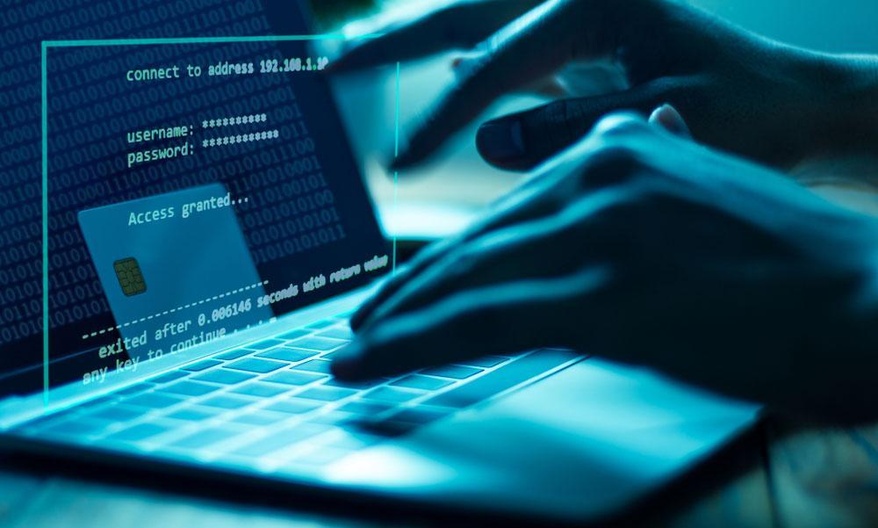Bank customers warned of online frauds
Many banks across Viet Nam, including their branches in Da Nang, have issued warnings over a new type of scam where customers are cheated out of their money. Phishing attack, social engineering and malware attack are the most common methods of fraud. Bank customers will be left vulnerable to fraudsters who trick them into transferring their money.
 |
| Fraudsters using technology to cheat people.(Photo: Internet) |
In phishing attack, fraudsters set up a fake website that looks like a bank or e-commerce website and send an email to people asking them to log into the fake website for some normal transaction like checking the account balance or changing the password. After the account is logged in, the scammers use customers’ information to transfer money, top up credit cards, register for online loans and appropriate huge sums of money.
As for social engineering, criminals make a phone call or send a message to people claiming to have won a big prize or pretending to be their relatives or friends and asking them to provide information about their bank account, card or OTP. Unlike the use of unregistered SIM cards, the scammers have sent messages to customers under the names of bank brands, also known as SMS Brand Name.
A malware attack is conducted by persuading people to enter into fake websites or email messages containing malware which then worm into that the person’s computer or smart phone and send all private and secured information to criminals.
Over recent times, Vietcombank and ABBANK has urged its customers to be more vigilant against complicated tricks made by fraudsters.
In light of new fraudulent tricks turning very sophisticated and unpredictable, it is necessary that bank customers must keep information about online banking services like username, password and one-time-password secure, not revealing them to anyone, even bank staff, through telephone, email or social network.
Besides, heed should be paid to protecting their mobile phone and other personal technological devices used for online banking by installing anti-malware software and using password or fingerprint authentication.
It is also a need to regularly change passwords of their online banking accounts, and take measures to protect their information.
Last, but not least, customers should not use public computers or wifi to access online banking services, and should directly type the bank’s URL instead of choosing links.
For sure, they are recommended to call bank customer service hotlines if needed. Any frauds should be reported to functional bodies for investigation and resolution.
By MINH LE – Translated by A.T